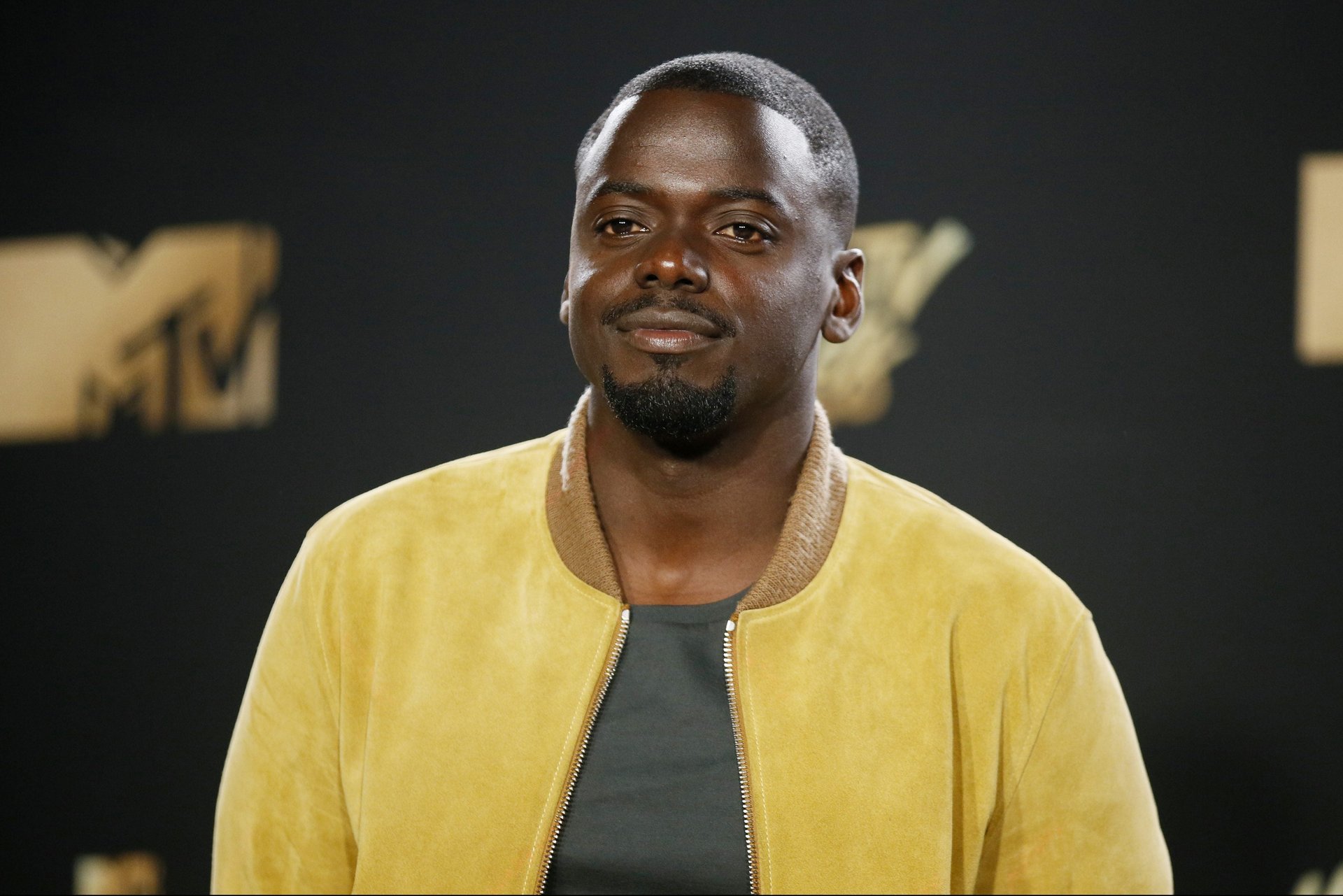Another black British actor’s Hollywood success is raising hard questions in the UK
Daniel Kaluuya’s searing performance in acclaimed satirical horror film Get Out has earned him an Oscar nomination, making him the second black Brit to be nominated for best actor in the past five years.


Daniel Kaluuya’s searing performance in acclaimed satirical horror film Get Out has earned him an Oscar nomination, making him the second black Brit to be nominated for best actor in the past five years.
For his supporters in the UK, Kaluuya’s breakthrough was monumental. Riz Ahmed, a Pakistani-British actor who was also born in London, said he was “so proud” of Kaluuya’s Oscar nod, while the British rapper and grime artist Skepta, a fellow Londoner, succinctly summed up the magnitude of the nomination with one tweet: “Bruv, this is a legendary”
Kaluuya’s nationality—British—has come as a surprise to some people in the US, since he skillfully portrayed an African American in the movie. But for supporters back home, it highlights a growing, albeit uncomfortable pattern for the British film industry: Black British actors are migrating to the US to find their career-defining roles.
The UK is widely known for its extravagant period dramas, which is probably one reason why British actors are decamping to America for work. During last year’s Christmas period alone, viewers in the UK had the choice between watching the BBC’s adaptation of Little Woman, the BBC’s adaptation of The Miniaturist, and the Christmas special of ITV’s Victoria. And viewers around the world are glued to Netflix’s The Crown. While a black actor had a supporting role in The Miniaturist, the ensembles of most period dramas are painfully white.
The uproar over the lack of racial diversity at the Academy Awards in 2015 and 2016 led to the hashtag #OscarsSoWhite, which quickly blossomed into a movement. By 2017, black nominees were represented in all four acting categories (a first in Oscar history). Black British actors are calling for a similar reckoning in the UK.
In 2013, black British actor Chiwetel Ejiofor was nominated for an Academy Award (best actor) for his leading role in 12 Years a Slave. Ejiofor’s nomination forced the British arts and film industry to ask hard questions about why they were losing talent like Ejiofor to the US.
Lenny Henry, an acclaimed Black British actor and comedian, claimed ethnic minority talent was being “ghettoized” in the UK (and called for the BBC to put aside funds to boost diversity). Idris Elba, who grew up in East London, became a household name after his menacing, charismatic portrayal of Stringer Bell in HBO’s widely acclaimed TV show, The Wire. “The Britain I come from is the most successful, diverse, multicultural country on earth,” he told British politicians in 2016. “But here’s my point: you wouldn’t know it if you turned on the TV.” David Oyelowo, a black British actor who largely played minor parts before landing the role of Martin Luther King Jr. in the 2014 film Selma, had pleaded for more diversity. “Please stop this talent drain,” he said in 2016, during a speech at BFI (British Film Institute) London Film Festival. “You have to change the demographics of the people who are making these decisions,” Oyelowo added.
Other black British stars that recently found their success in the US include Naomie Harris, who co-starred in Moonlight and John Boyega of Star Wars: The Force Awakens fame. They join a number of well-known black British heavyweights in Hollywood, such as David Harewood and Thandie Newton.
The talent drain isn’t a phenomenon among just black British actors. Riz Ahmed, the Pakistani-British actor who won an Emmy in 2016 for his role in the TV mini-series The Night Of, echoed the same frustrations as his black peers. “We end up going to America to find work,” he told British parliament in 2017, adding: “People are looking for the message that they belong, that they are part of something, that they are seen and heard and that despite, or perhaps because of, their experience, they are valued. They want to feel represented. In that task we have failed.”
While black British talent is being recognized in the US, this artistic migration across the Atlantic hasn’t been without its problems. Often, when Black British actors find success in the US, they do so playing African-American characters. Last year, Samuel L Jackson sparked headlines across the world after he argued that US movies about race should cast black American actors, not Brits.
Kaluuya’s response to Jackson highlighted the bind British actors now find themselves in: “When I’m around black people I’m made to feel ‘other’ because I’m dark-skinned. I’ve had to wrestle with that, with people going, ‘You’re too black,'” Kaluuya said. “Then I come to America and they say, ‘You’re not black enough.'”